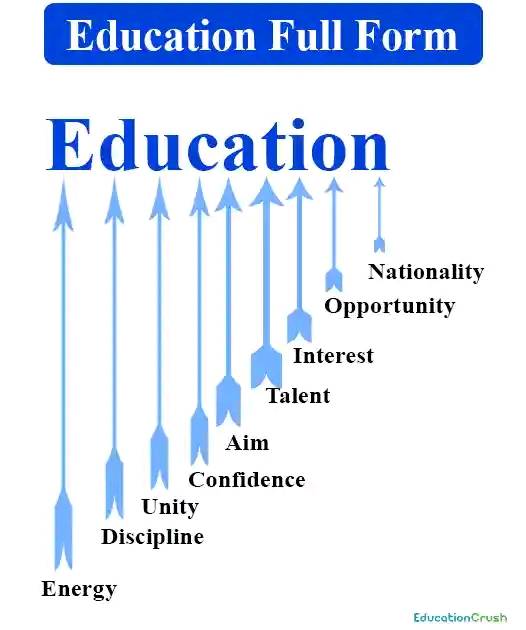“Who’s Running the Night Shift? Rethinking Governance in a 24-Hour Ghanaâ€
A few months ago, I was craving kelewele at 11:47 p.m. Not dinner. Not a full meal. Just that spicy, slightly burnt roadside kelewele wrapped in old newspaper. So I threw on a hoodie, stepped out—and guess what? Nada. Not a single joint was open. The streets were dead silent, except for the occasional taxi honk and a few stubborn dogs barking at nothing.
That night, it hit me—Ghana isn’t built for a 24-hour economy. Not yet, anyway.
Now, there’s been a lot of talk about moving into a round-the-clock economy. Big idea. On paper, it sounds like the dream: more jobs, more productivity, fewer traffic jams (because people won’t all be heading to work at 8 a.m.). And honestly, I love the concept. I mean, imagine getting your passport renewed at 2 a.m. or walking into a government office at midnight and actually finding someone there—wild, right?
But here’s the thing… who’s going to govern all this?
You can’t just slap “24-hour economy†on a manifesto and expect it to work like magic. It’s not instant noodles. It needs structure, people, and—most importantly—systems that don’t fall asleep when the sun goes down.
In my opinion, this whole 24-hour idea has to start with a serious rethink of how governance works. Because our current systems? They’re built for a 9-to-5 world. A world where ministers clock out before sunset, and the only place you’ll find public officials at midnight is maybe… a political party after-party.
Let’s be real. If ECG still can’t fix a transformer till “office resumes on Monday,†and you can’t reach the police at 2 a.m. unless you know someone’s cousin’s brother, then what are we talking about?
Rethinking governance means asking some uncomfortable questions. Like, are our institutions ready to work in shifts? Will civil servants be okay with showing up at 1 a.m.? Can we afford to run public infrastructure—lights, security, utilities—nonstop?
And—this one stings a bit—do our leaders even have the stamina for a 24-hour economy? Because let’s not pretend. Many of them can’t survive a three-hour Zoom meeting without vanishing halfway through (true story, I saw it happen once during a virtual town hall).
I’ve noticed that countries with working 24-hour systems—like Singapore or even South Korea—didn’t just wake up one day and decide to keep the lights on longer. They planned for it. Trained for it. Funded it. And above all, they built trust in their institutions so people wanted to participate.
That trust part? That’s the mountain we still have to climb.
I’m not saying it’s impossible. Far from it. I actually believe Ghana can run a 24-hour economy. But only if governance grows with it. Not the old-school “close at 5, see you tomorrow†type. We need responsive, tech-driven, shift-based, and people-focused governance.
Because a 24-hour shop is useless if the systems that support it sleep at 9.
So here’s what I keep wondering:
Are we truly ready to stay awake for a 24-hour economy, or are we just dreaming with our eyes open?




No comments yet
Be the first to share your thoughts!